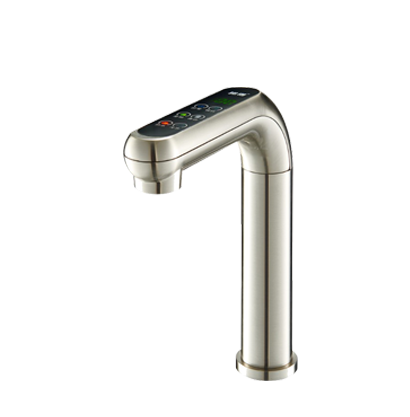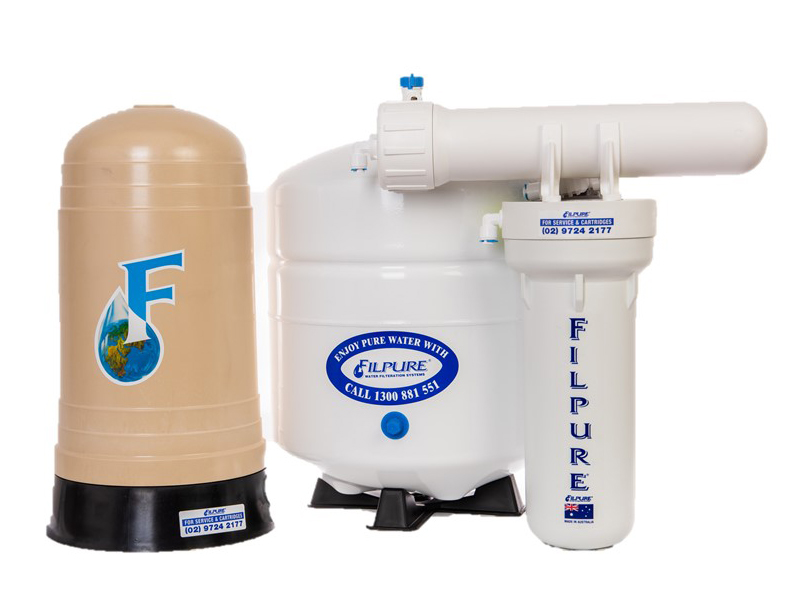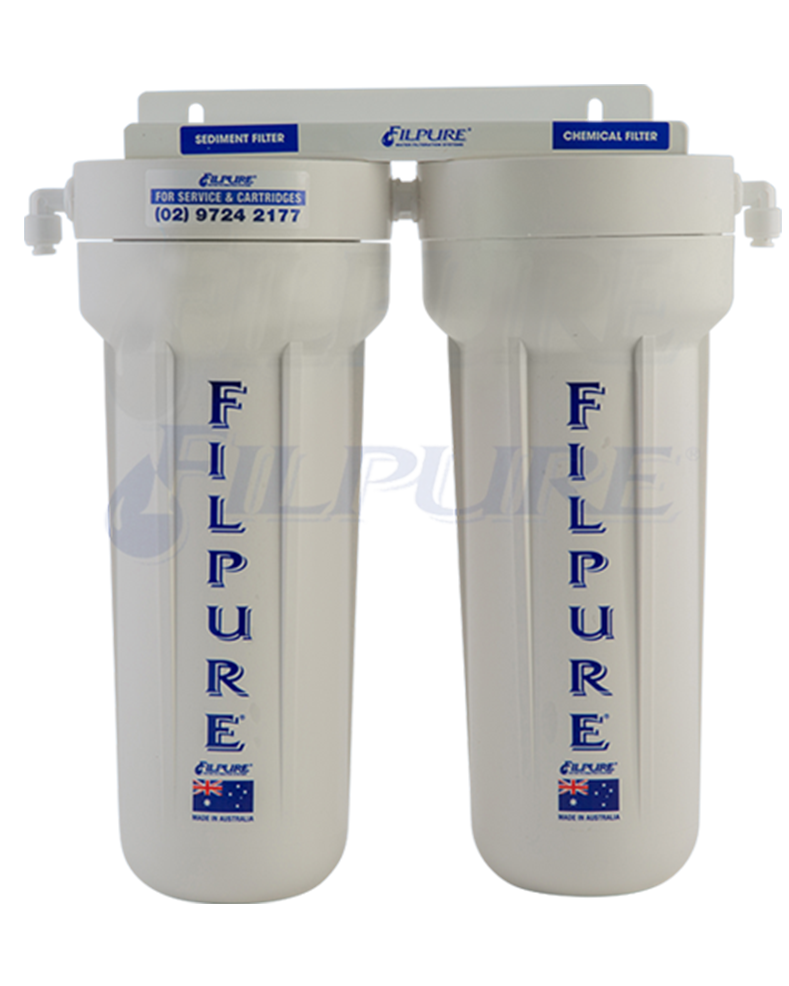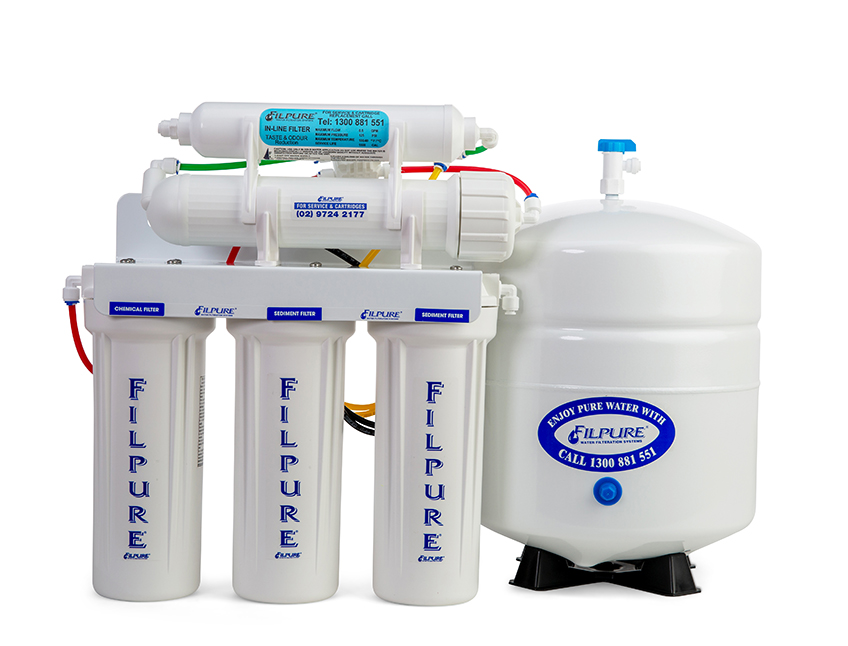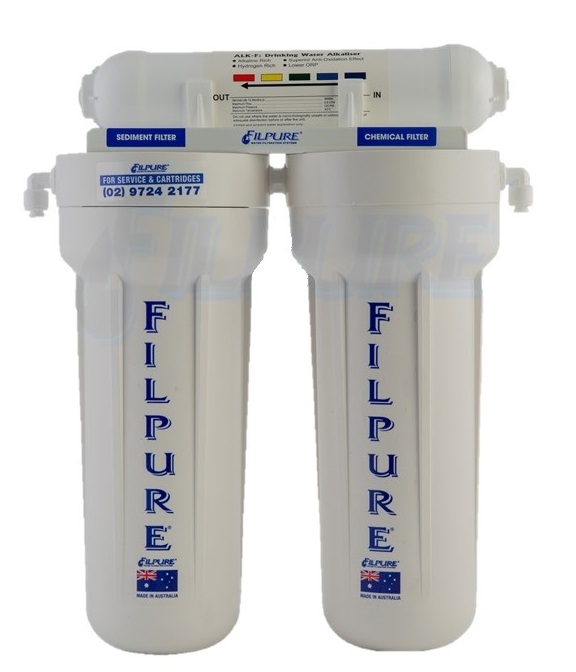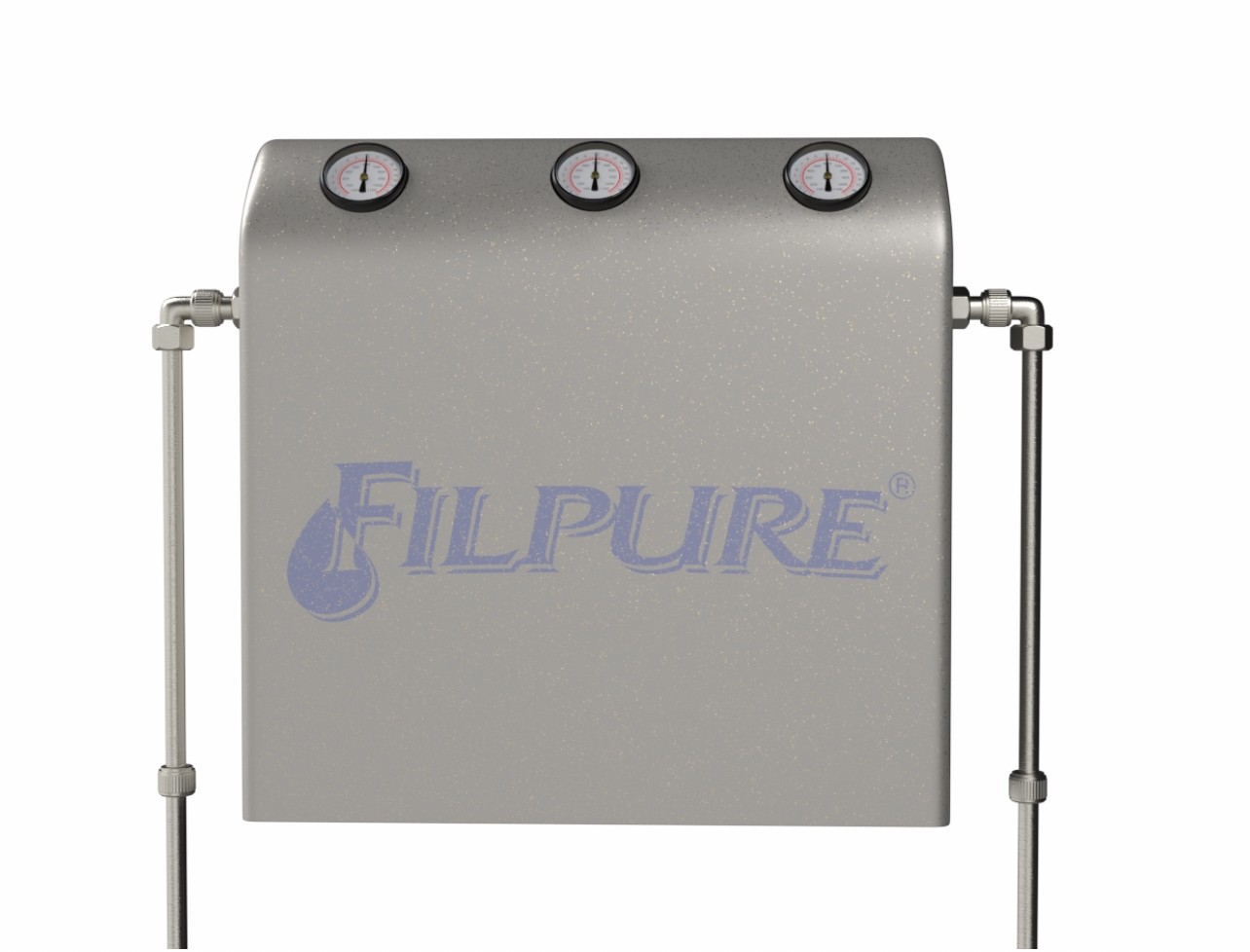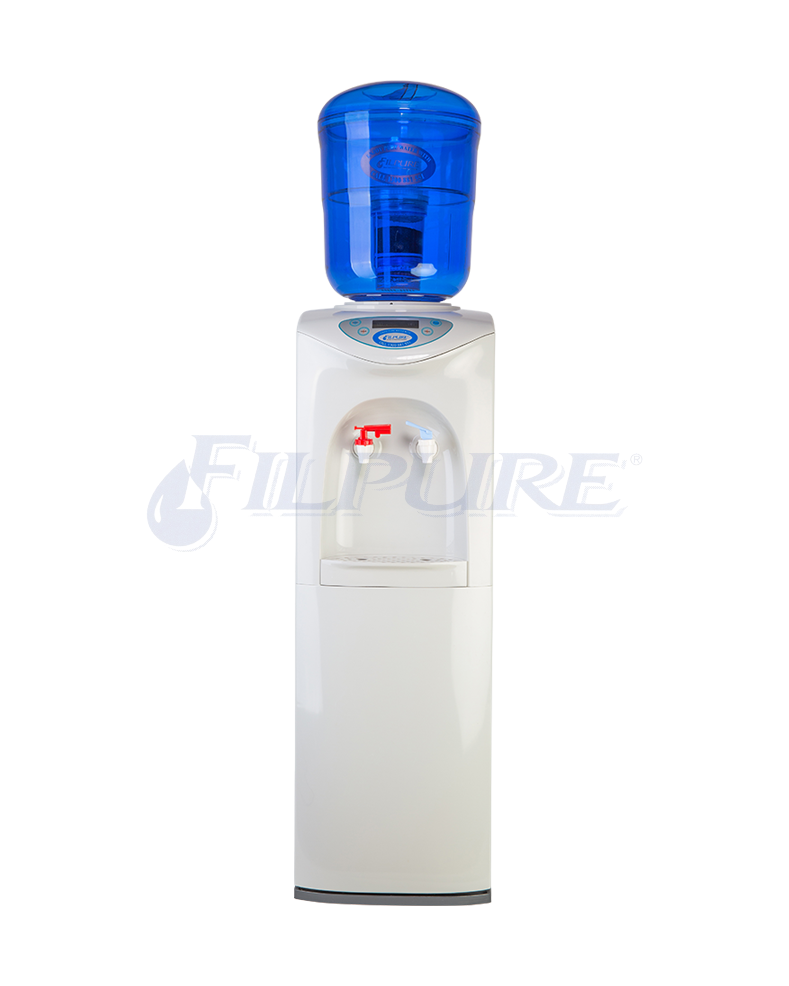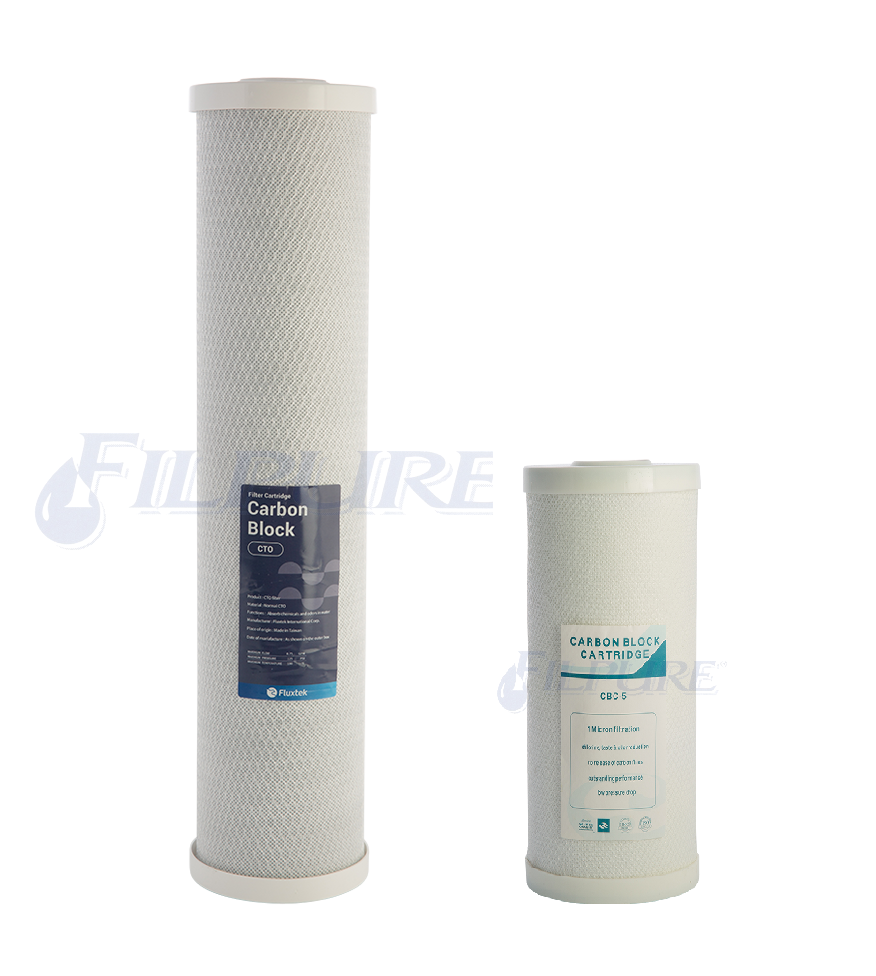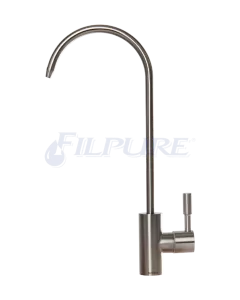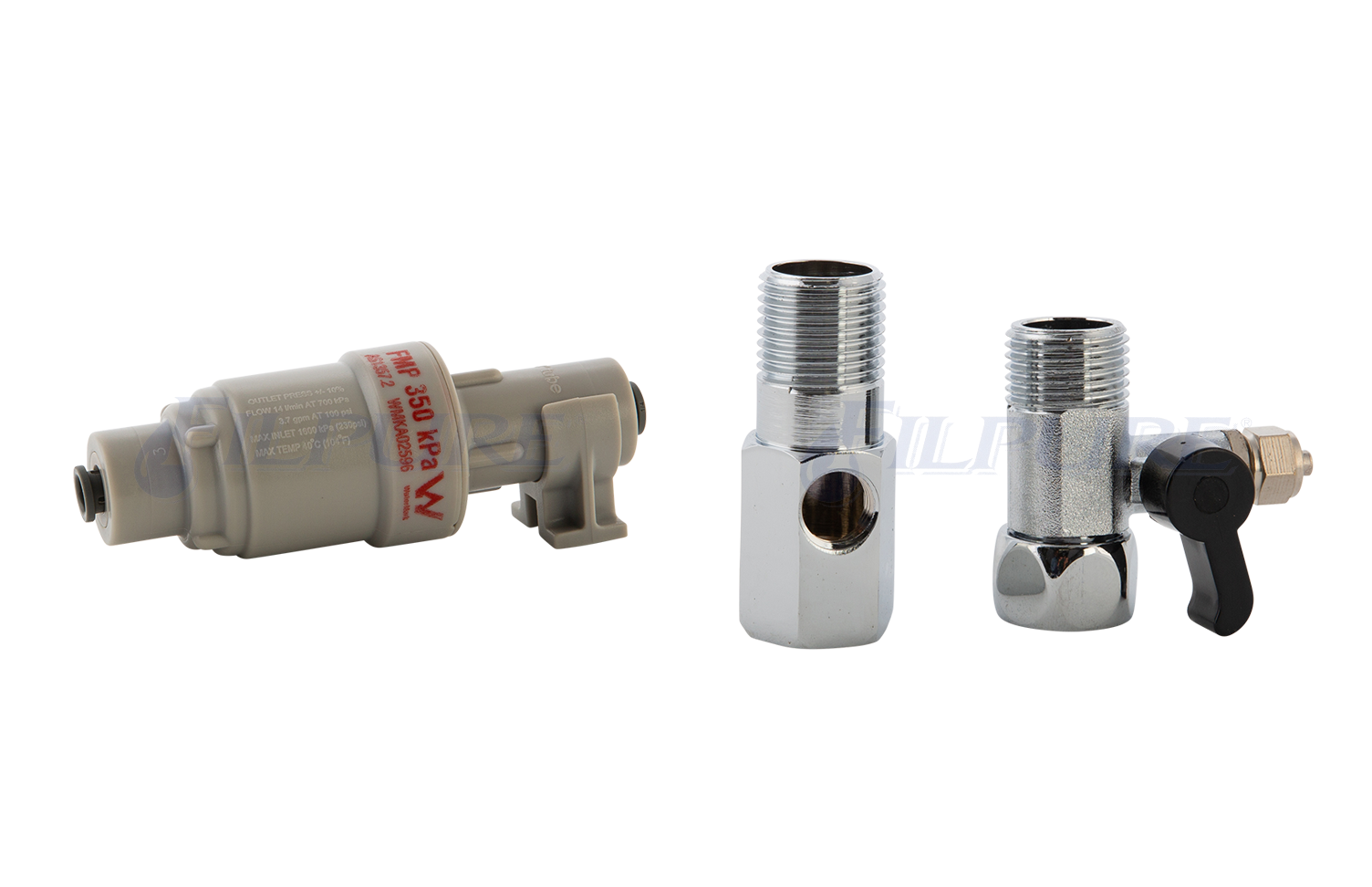What Are Alkaline Water Filters?
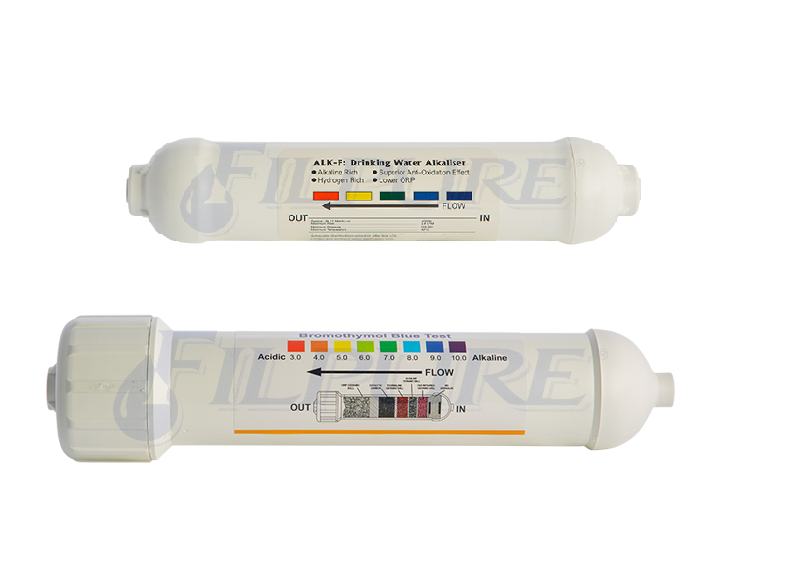
If you’re looking for a way to improve both the taste and health benefits of your drinking water, an alkaline water filter might be exactly what you need. These filters don’t just purify water—they enhance its quality by balancing its pH level and adding beneficial minerals like calcium and magnesium. But how do they work, and why might they be a good choice for your home? This guide will help answer these questions and more, offering valuable insights to help you make an informed decision.
What is Alkaline Water Filter?
Alkaline filters are designed to raise the pH level of the water to create oxygen-rich water that benefits your health. They work by changing the molecules in the water, making it less acidic and more hydration-friendly. This process helps lower the acidic effects of modern diets and energy-draining.
How Do Alkaline Water Filters Work?
The water passes through a filter that removes debris and hazardous substances. The process involves chemically changing the H2O molecules. As the water is routed through the system, essential minerals like magnesium, calcium, and potassium are added to the water, creating a perfect balance.
The water then becomes healthy and enriched with minerals that are beneficial for your body. The system’s dual purpose ensures that harmful substances are removed and vital minerals are added, making the water safe and nourishing.
Different Types of Alkaline Filters
Countertop Alkaline Filters
- These filters sit on your kitchen counter and are connected to your tap. They provide continuous alkaline water. They are easy to install and great for households that need larger amounts of water.
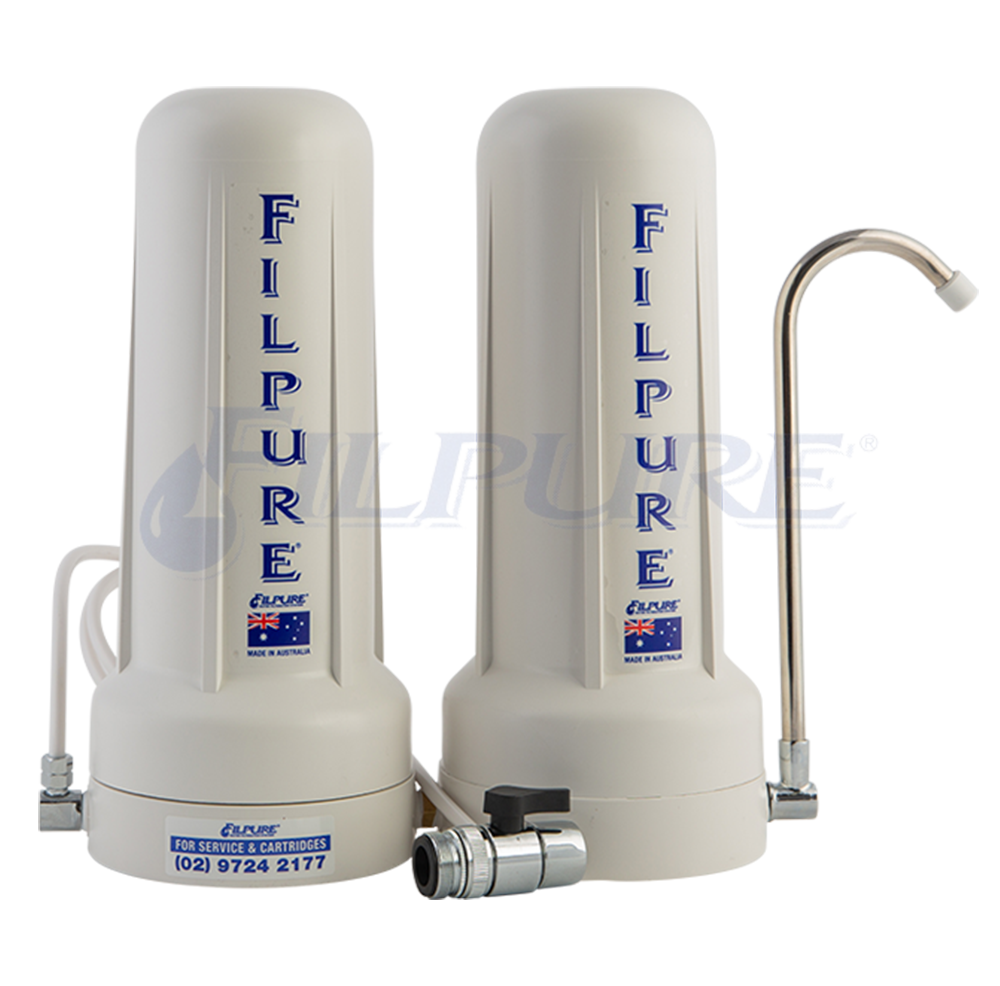
Under-Sink Alkaline Filters
- Installed under your sink, these filters provide clean, alkaline water straight from your tap. They often have multi-stage filtration systems that remove impurities before making the water alkaline. They are more permanent and ideal for people who drink a lot of water.
Reverse Osmosis (RO) Alkaline Systems
- These systems use a reverse osmosis filter to remove contaminants, then add minerals back to make the water alkaline. They’re more complex, but great for those who want very pure water with a high pH.
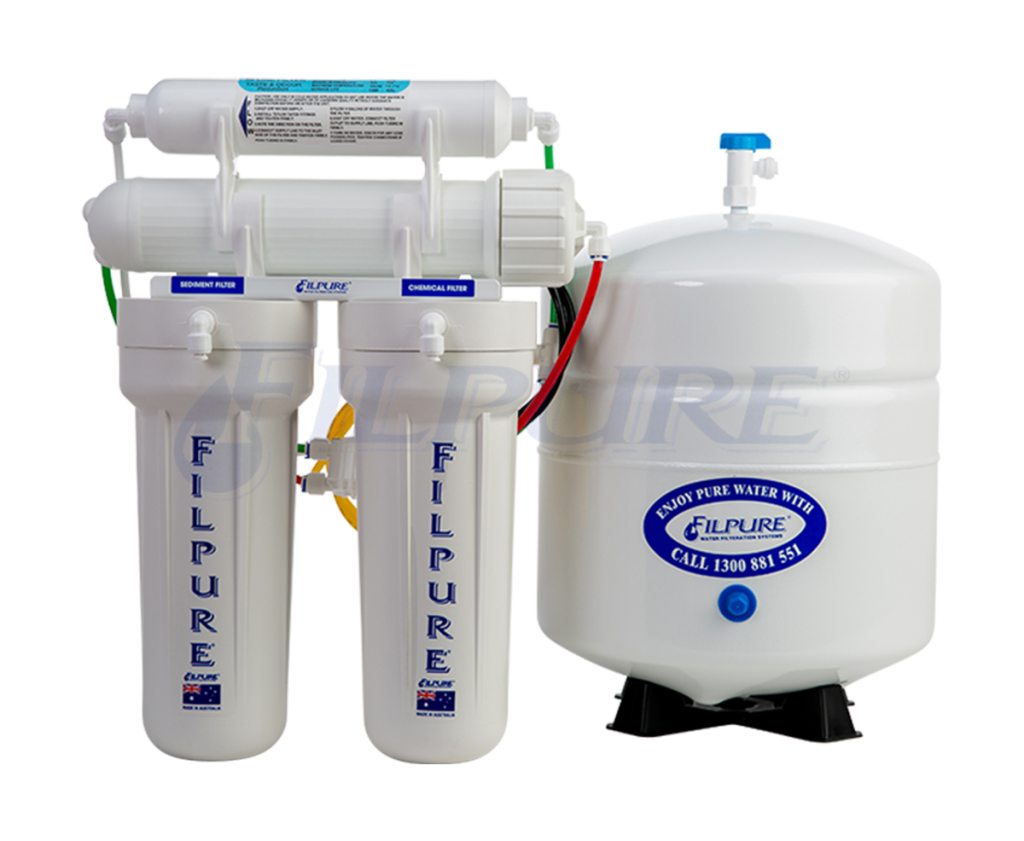
Alkaline Water Bottle Filters
- These are portable water bottles with a filter inside to turn regular water into alkaline water. They’re ideal for people who want to stay hydrated with alkaline water on the go.
Each type offers a different level of convenience, cost, and effectiveness.
Installation of an Alkaline Water Filter:
Installing the filter system is quite simple. It usually connects to the pipes under your kitchen or bathroom. You can place the filtration unit either under the sink or near your shower, depending on your preference. Once the system is set up, you can enjoy healthier water for drinking, cooking, and even bathing, resulting in significant improvement in the quality of the water you use.
Conclusion:
Alkaline water filters are more than just water purifiers—they’re an investment in better health, sustainability, and taste. By removing impurities, balancing pH levels, and adding beneficial minerals, they truly elevate the quality of your water.
Not sure where to start? Explore Filpure’s range of alkaline water filters, built with quality and performance in mind. Discover a better way to hydrate today—contact us for expert advice on the perfect solution for your home.
FAQs
Alkaline water filters can be good because they make water less acidic and add minerals like calcium and magnesium. Some people believe it helps balance the body’s pH and can improve health, but more research is needed to confirm these benefits.
An alkaline water filter changes the pH of water, making it more alkaline (less acidic). A normal water filter, on the other hand, mainly removes impurities like chlorine, sediments, and harmful chemicals, but it doesn’t change the water’s pH level.

